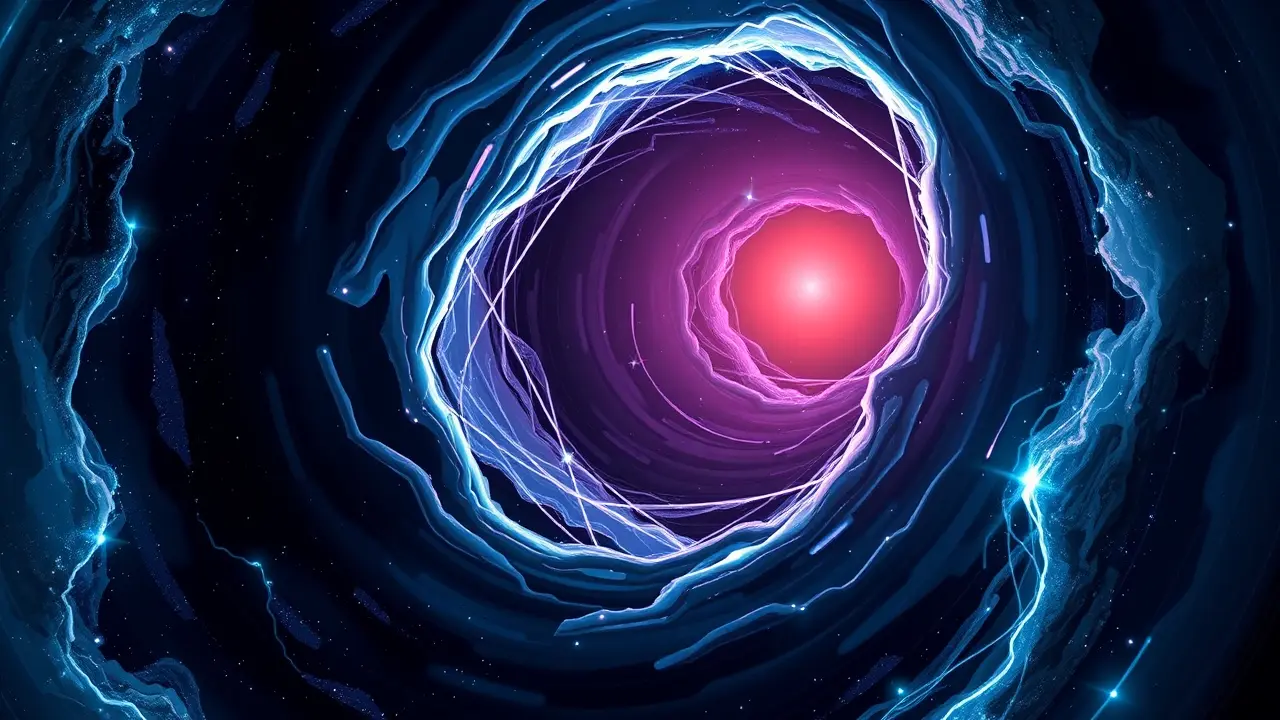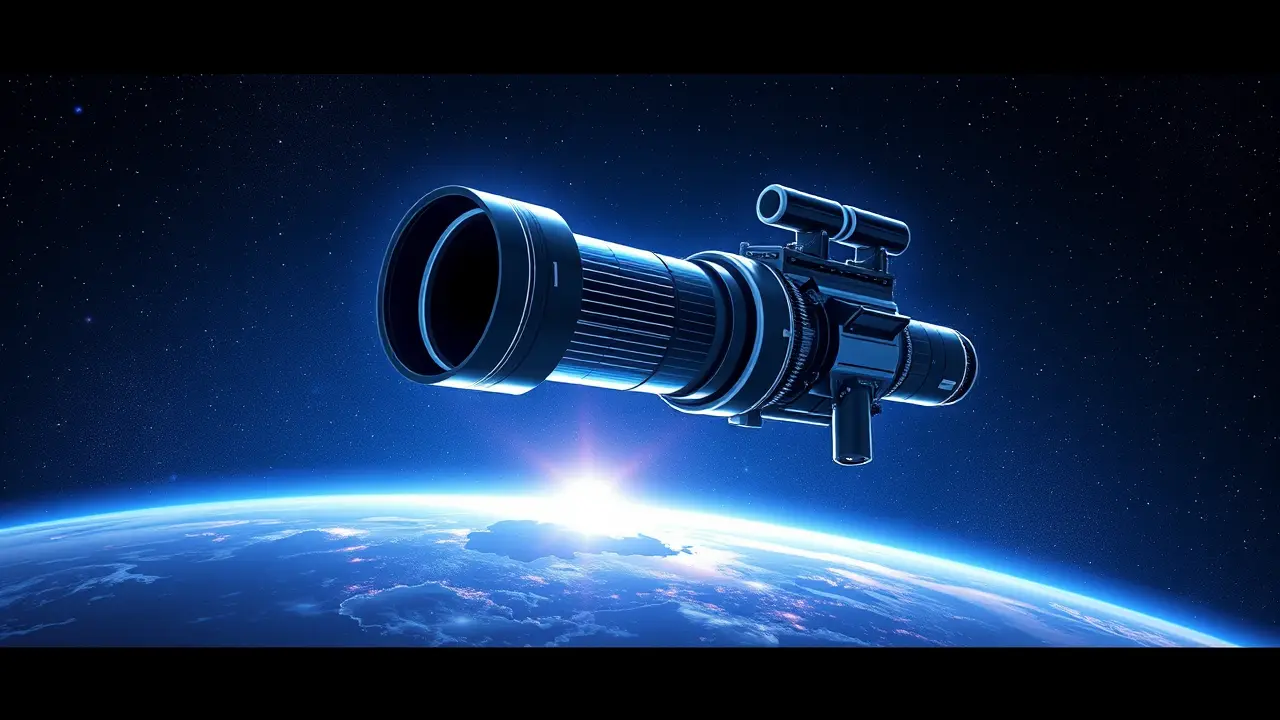
Sciencespace & astronomyBlack Holes and Galaxies
Einstein might have been wrong about black holes
TH
Thomas Green
14 hours ago7 min read2 comments
The monolithic pillars of modern physics, long thought unshakeable, are facing a profound challenge from the very cosmic phenomena that helped cement their legacy. Einstein’s theory of general relativity, which has withstood a century of rigorous testing—from the bending of starlight during a solar eclipse to the precise orbits of Mercury—is now being probed in the most extreme laboratory the universe provides: the shadowy abyss of a black hole.Researchers are embarking on an audacious endeavor, leveraging new, hyper-detailed simulations and the impending power of next-generation observatories like the Event Horizon Telescope (EHT) to scrutinize the dark silhouettes cast by these gravitational behemoths. The central question is as simple as it is revolutionary: does the fabric of spacetime behave exactly as Einstein’s elegant equations predict in the violent maelstrom surrounding a supermassive black hole, or are we on the cusp of discovering subtle, yet telling, deviations? The very concept of a black hole shadow is a direct prediction of relativity—a region of absolute darkness, the event horizon’s point of no return, set against the bright, lensed glow of infalling matter in the accretion disk.If Einstein was unequivocally correct, the shadows we observe, such as the now-iconic image of M87*, should possess a specific size and a perfect, circular asymmetry. Yet, nascent theoretical work, including explorations into quantum gravity and string theory, suggests that the immense tidal forces and spacetime curvature near the event horizon could manifest as minute, but detectable, anomalies in that shadow.A slight distortion, a wobble in its expected shape, or an unexpected size could be the first observational clue that relativity, while spectacularly successful, is an incomplete picture—a classical approximation that breaks down under the most extreme conditions, much like Newtonian gravity gave way to Einstein’s insights. This is not merely an academic exercise; it is a fundamental inquiry into the nature of gravity itself.The potential discovery of such a crack in the relativistic framework would send seismic waves through the astrophysics community, forcing a rewrite of textbooks and igniting a new golden age of theoretical physics. It would open direct observational pathways to realms currently dominated by speculation, potentially offering glimpses of how gravity intertwines with quantum mechanics.The implications stretch beyond black holes, affecting our understanding of the Big Bang, the ultimate fate of the cosmos, and the very nature of reality. As telescopes sharpen their vision and algorithms grow more sophisticated, we stand at a precipice, peering into the darkness not just to see a shadow, but to read the subtle signatures written within it—signatures that may finally reveal where the genius of Einstein ends and the next great theory of everything must begin.
#featured
#black holes
#Einstein
#relativity
#theory of relativity
#research
#telescopes
#physics
Stay Informed. Act Smarter.
Get weekly highlights, major headlines, and expert insights — then put your knowledge to work in our live prediction markets.
Related News
© 2025 Outpoll Service LTD. All rights reserved.
